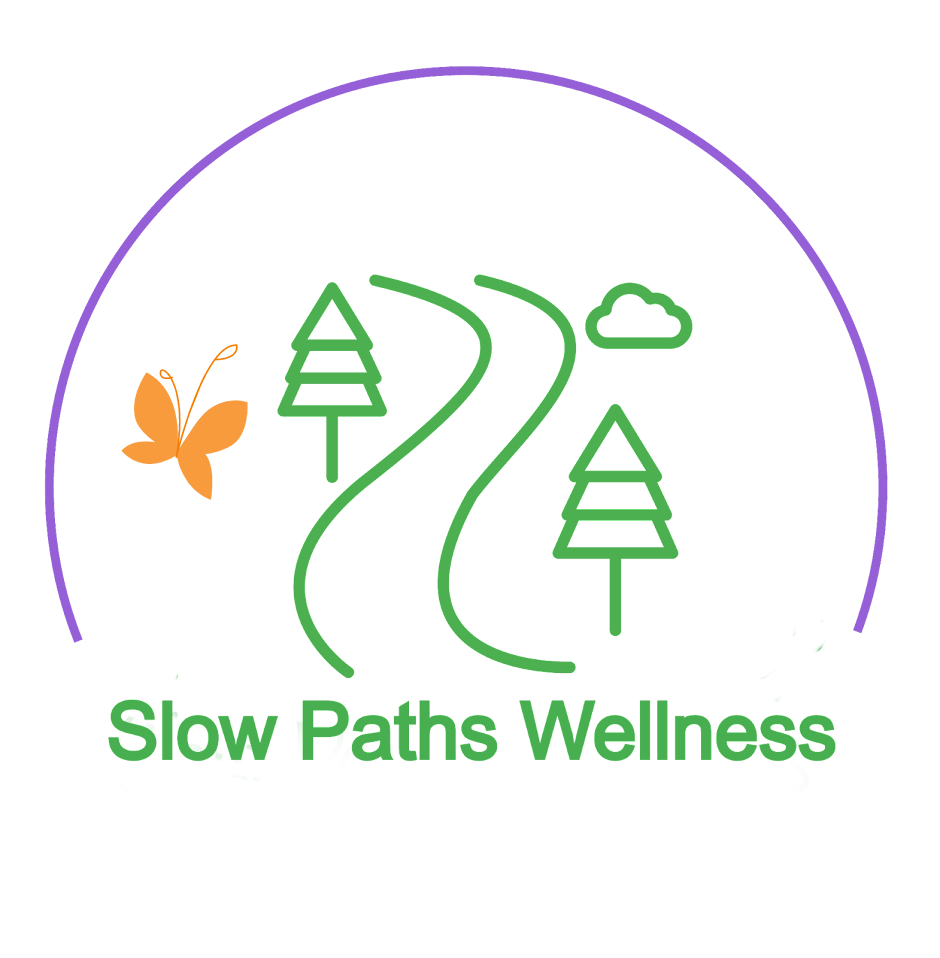 |
| Photo Credit: Teresa Y Green |
I sometimes think I'm a walking feeling. It's not that I cannot think logically, I just feel first, then think about it. I have fought this part of my personality for most of my life. Feeling is dangerous in a traumatic situation. It leaves you vulnerable to pain, both yours and that of the people around you. Feelings make it hard to rationally analyze a physically or emotionally dangerous situation and get yourself to safety. Feelings make you react, when you need to be in charge of your actions.
But feelings also inform all the good things in life. The joy of love, of friendship, or something beautiful--you cannot analyze the way it feels to have a loved one take your hand and get the most out of it. At least I cannot. Even hard feelings, like anger and sadness, have a good place. Anger fuels action, and directed properly, it leads to appropriate self-defense. Sadness allows you to sift through events and relationships, and know what to keep and what to release.
The degree to which I neglected my feeling side in my youth came to me recently when I read a poem. When I was younger, I had a hard time with poetry, especially the best poetry, which layers visceral images to create a feeling. I loved complete sentences. I liked Emerson over Whitman. I disliked songs with lyrics that didn't make a coherent story. When I got married, my husband introduced me to poetry with feeling--disjointed phrases that teased my subconscious, that spoke in whirling scenes instead of paragraphs, that I felt in my body instead of dissecting in my mind.
It took a few years, but gradually I integrated the two. Embracing my feeling side along with my thinking side has made me a more whole person. I do not have to second-guess my reactions as often, because I am not approaching life while hiding half of myself.
Part of acknowledging your whole self is learning to be honest. When you live through trauma, especially as a child, or for a long time, you learn to hide the scary parts of life from yourself and others. You learn to be ashamed of your circumstances. So you lie--if not in word, then in deed. You pretend things that bother you really don't; you let people believe you are in control of life when you aren't, and you deny vulnerability at every turn.
The energy you spend lying keeps you from seeing the truth. Most things that bother or irritate you are not the big deals you make them in your mind--and the ones that are completely unacceptable are usually easy to solve once you get past the initial terror of upsetting someone. When you spend a lifetime pretending to be in control, you never see that no one is completely in control of life--by its nature, life is uncontrollable. We all learn on the job, so to speak--some people are just able to walk an unknown path with confidence, others have to learn confidence by tiptoeing into new things. And it is only in our vulnerability that we really grow and live. Acknowledging you have something to lose makes life precious--pretending you are impervious to harm locks you away from everything that gives life wonder and awe and fun.
In Chinese medicine, we talk about "pathogens" that sometimes get caught inside of the body and can't escape. Illnesses like malaria, strep throat, and shingles are sometimes described as "an evil" that gets into your body, and then your body clamps down to protect itself, and the evil cannot get out. So you may recover, but the symptoms recur, over and over. You may never fully expel the pathogen, but you can learn to build your system, deal with physical and emotional things that stress you, and get appropriate help from the outside in the forms of herbs and acupuncture, you can greatly improve. The same is true for recovery from trauma. Few people completely lose every effect of a traumatic event. But if you reach out to professionals and others who have walked the same path, learn to use proper self-care, and address the things weighing you down in life, you can get better.
